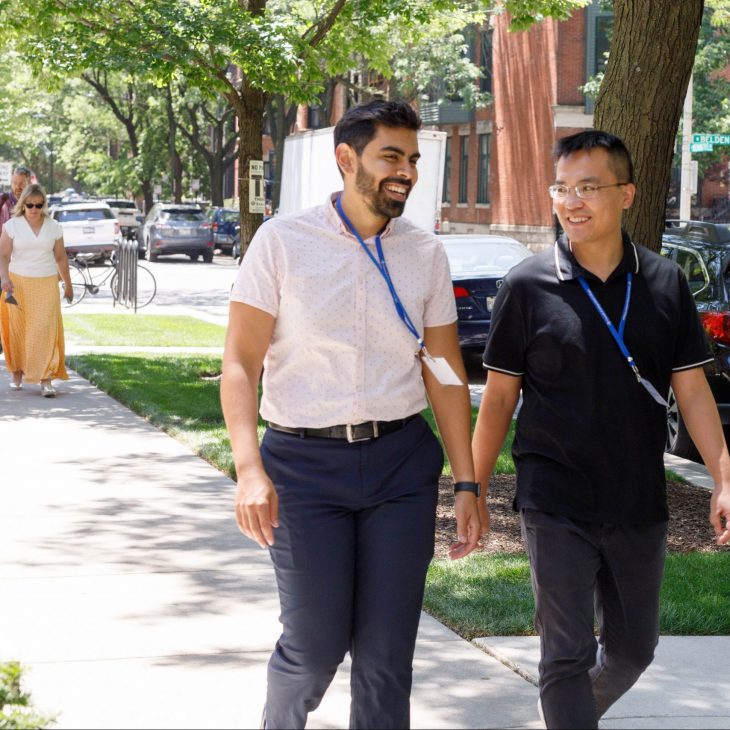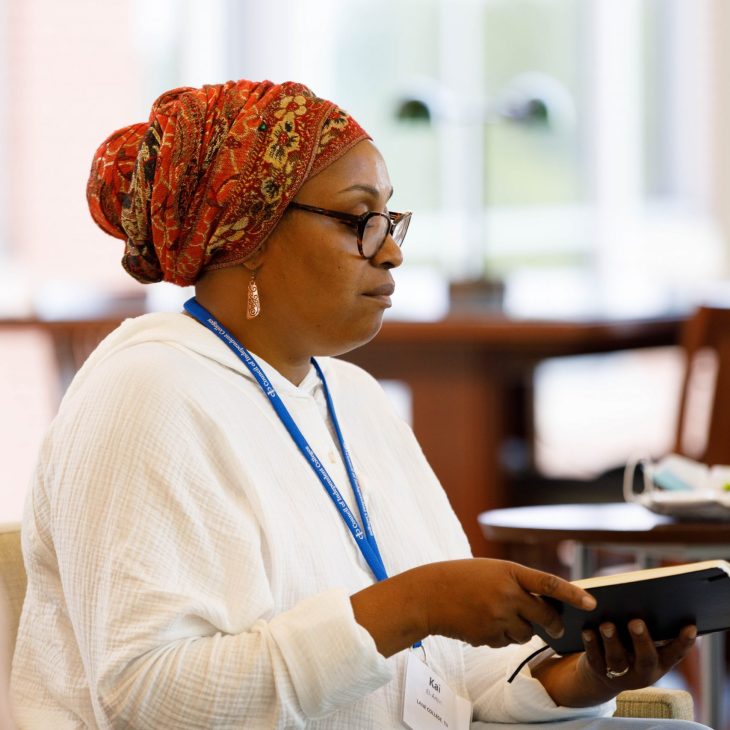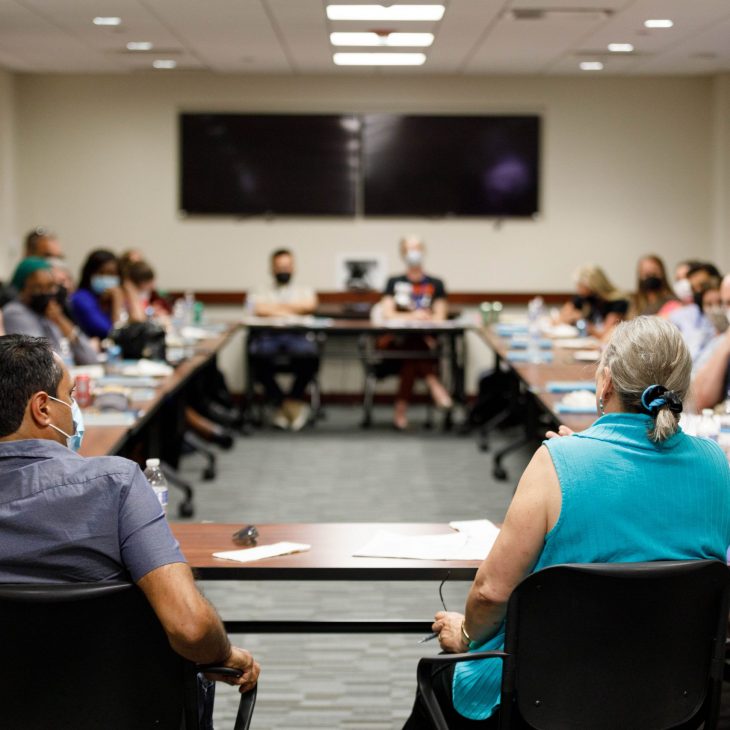Higher Education
A growing group of educators are creating and teaching innovative interfaith curriculum, preparing a new generation of civic leaders to engage across lines of religious difference.
WHAT IS INTERFAITH STUDIES?
Scholars and educators interested in exploring the dynamics of religious interaction have claimed a new field of Interreligious/Interfaith Studies. Interfaith Studies programs seek to develop civic leaders who are prepared to positively engage religious diversity and build interfaith cooperation in communities and professions throughout the country.


WHAT IS INTERFAITH STUDIES?
In partnership with scholars in the field, IA offers the following working definition of Interfaith Studies:
“Interfaith Studies is an interdisciplinary field that examines the multiple dimensions of how people who orient around religion differently interact with one another, and the implications of these interactions for communities, civil society, and global politics.”
WHAT IS INTERFAITH STUDIES?
IA seeks to convene and connect scholars interested in this work. Though the field largely began among those studying religion, we work with faculty in a myriad of fields including nursing, business, education, languages, and biology.
Whether you have long been engaged in interfaith work or are just beginning, we hope you will join our network. Read on for resources and opportunities.

Tailored For You
Tools
This resource highlights seven ways that scholars and educators have integrated experiential and engaged learning opportunities into courses that explore religious diversity.
Tools
Explore descriptions and learning outcomes for courses at the intersection of religion and business.
Courses
A roadmap for developing (or continuing to develop) the vision, knowledge, and skills required to contribute to the realization of a truly interfaith America.
Tools
Meet the educators from around the country who are unlocking the potential of our religious diversity to strengthen well-being.
Spotlight on
Resource
Learning through engagement brings to life some of the concepts that students learn in the classroom.
Tools
How does interfaith cooperation work in tricky situations? Explore these case studies.
Courses
The following assignment was developed by Dr. Hans Gustafson as a part of his “Jesus Christ and Interreligious Dialogue” course at the University of Saint Thomas (Saint Paul, MN), where case study methodology is utilized to explore interfaith topics.
Copyright @ 2024 Interfaith America. All Rights Reserved. Interfaith America is 501 (c)(3) non-profit recognized by the IRS. Tax ID Number: 30-0212534